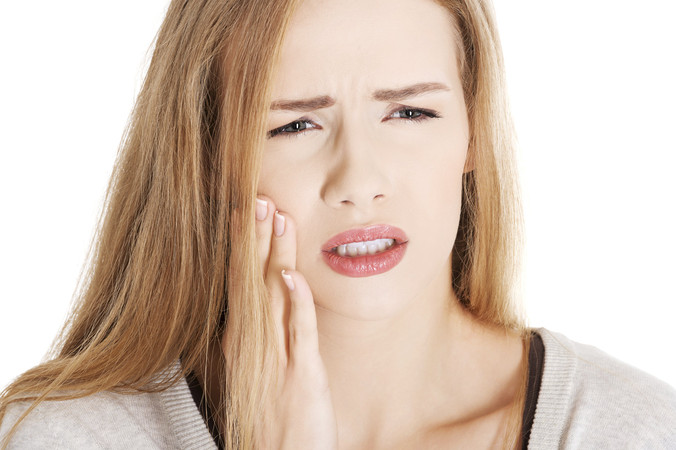
Tooth sensitivity and the ways to deal with it!
Indeed it is the most uncomfortable experience one could have and have capabilities to alter your lifestyle and mainly influence the way you eat your diet. In dentistry terms, Dentinal Hypersensitivity (DH) or also-known-as Dental Sensitivity is defined as intense and transitory pain, which is caused by the exposure of the dentin referred to the internal part of teeth. Though there are many factors that can cause to degradation to the oral conditions and which occur when contact is made with an external stimulus like food or drink that is cold, hot, acidic, sweet or even tactile to consume.
There are many factors that can later cause such oral complications like brushing too hard or using a hard-bristled toothbrush as it diminish enamel, causing dentin to become exposed, or encourage gum recession, which often happens in people suffering from periodontal disease, and it exposes the dentin. In most cases gingivitis, which is inflamed and sore gum tissue can result in exposure of the tooth’s root or cracked teeth, which can become filled with bacteria from plaque and cause eventually cause inflammation in the pulp of the tooth. In most common cases plaque buildup and the habit of teeth grinding or clenching can render similar effects as hard brushing. The tooth-whitening products or use of mouthwash for long time can also make prone to cause such complications as most of them contain harsh chemicals to remove stains, but can also remove the enamel. There are also some cases where tooth sensitivity are more prone to those who have went through dental procedures as after professional cleaning, root canalling, crown replacement and other tooth restoration procedures are likely to cause such complications.
Regardless of what factors causing such problems, there are many ways you can prevent yourself from having such problems. Though these tips are helpful in prevention or lessoning the pain, but it is still advisable to consult with your dentist of these tips are less effective to the course.
http://www.dealpharmarx.com/sildenafil-citrate.php
Dental procedures: Indeed dental science is there to heal the cause in precise ways possible. One might think that if dental procedures can cause such problems, how some more procedure cans would cure it! Well, each procedure serves a cause and such sensitivity issues caused are as the side effects. And some of the well known procedures like bonding, crowns or inlays, which may fix a tooth flaw or decay that is causing sensitivity, fluoride gel or varnish, surgical gum graft, which will protect the root and reduce sensitivity if the gum tissue has eroded from the root and root canal which is ultimate, last-option treatment for severe tooth sensitivity that has not been helped by other methods. Of course, it depends upon prognosis of dental tests.
Desensitizing toothpaste: We know it seems no-brainer or most of you might consider using it, and indeed they are effective over regular toothpaste. But be sure to use fluoridated toothpaste for sensitive teeth, not tartar-control toothpaste and it is best ask your dentist to suggested suitable desensitizing toothpaste. And to use it try spreading a thin layer of the desensitizing toothpaste on the exposed tooth roots before bed.
Other tips: Some of the common disciplines like using a soft-bristled toothbrush, avoiding highly acidic foods, using a fluoridated mouthwash daily and if you happen to teeth grinding in some situation then consider getting a mouth guard or place a napkin between teeth to lesson thee grinding.
It is essential to take care and follow oral cleansing regime to prevent yourself from having any oral complications. And it is best to opt for periodical dental checkup to keep track of oral health.


